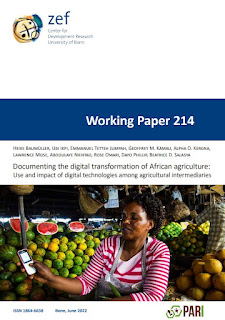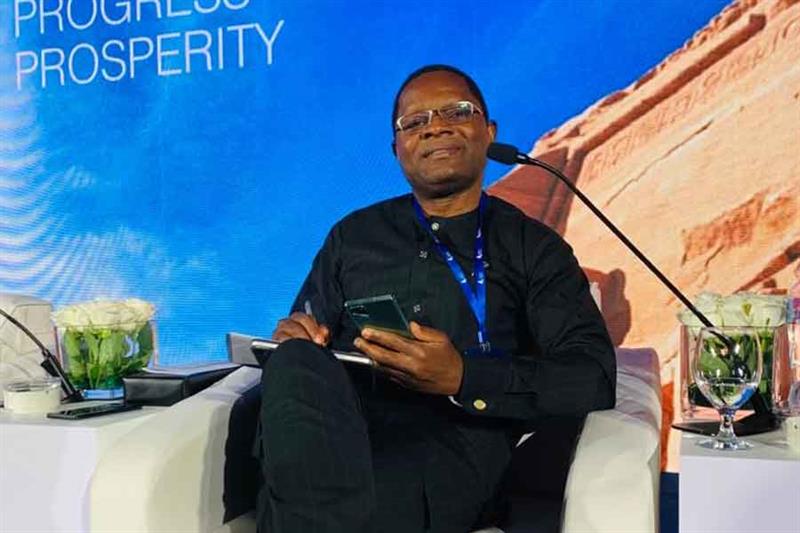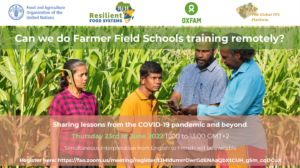The
Fondation L’Oréal and UNESCO have worked together for more than 20 years to help empower more women scientists to achieve scientific excellence and participate equally in solving the great challenges facing humanity. Each year they honour five brilliant female scientists, promote their work globally and empower them to act as role models for aspiring women scientists and future generations.
To support women-led scientific excellence in addressing societal needs worldwide, one Laureate from each of the five major regions of the world is awarded: Africa and the Arab States, Asia and the Pacific, Europe, Latin America and the Caribbean, and North America.
Professor Catherine Ngila was selected as the 2021 Laureate for Africa and the Arab States. She was awarded for her ground-breaking contribution to water quality and water
resource management in Africa. She has pioneered nanotechnology based analytical methods for monitoring and removing industrial water pollutants, creating a major positive impact by enabling millions of families to benefit from safer drinking water.
Prof Jane Catherine Ngila is currently the Deputy Vice Chancellor in charge of Academic and Student Affairs (DVC-AA) at Riara University.
More information on the awards can be found here in this
press book.
Professor Catherine Ngila is awarded for her
groundbreaking contribution to water quality
and water resource management in Africa. Her
entrepreneurial flair and enquiring scientific
mind have seen her pioneer nanotechnology based analytical methods for monitoring and
removing industrial water pollutants, creating
a major positive impact by enabling millions of
families to benefit from safer drinking water.
Prof.
Ngila’s chief innovation lies in using electro-spun,
nano-absorbent fibers and nano-composite
membranes (derived from chemical resins and
biomass materials) to detect and remove trace
metals (such as lead, zinc and aluminum) and
toxic chemical substances. And her team’s
modeling of wastewater treatment plants is
helping wastewater treatment plant managers
in Johannesburg, South Africa, to improve
their effluent discharge. As Africa continues to
industrialize, her work will become ever more
important in protecting human health and
aquatic life.
“Water research is close to my heart in that, water is
life! Nanotechnology can play a
vital role in water purification techniques. My dream
is to produce a commercially viable water nano-filter
that removes contaminants in one filtration cycle,
enabling rural African families to install affordable
water filters in their homes.”
Girls and women throughout the country and
across Sub-Saharan Africa often walk long
distances to collect water and firewood to purify
it through boiling, typically over smoky cookstoves
or by using fabric to act as a water filter. By scaling
up the production of household water filters –
using cost-effective materials such as agricultural
‘waste’ including sugarcane bagasse, maize stalks
and dried algae, to absorb contaminants – more
families would gain access to safe water.
As a child growing up in Kenya’s Kitui County, Prof.
Ngila experienced these challenges firsthand and
saw the impact of this heavy domestic burden on
girls’ education.
“Before going to primary school,
I would walk up to 3km to fetch water, and as soon as
lessons finished for the day, I would run home to fetch
firewood and later pound maize to prepare food. Boys were exempted from household chores,
so from an early young age, I felt discriminated
against for being a girl. I promised myself that
education would be my way out of hardship.”
Prof. Ngila persevered with her studies, encouraged
by her father, a former tribal chief (her mother
passed away when she was a young child). She had
the good fortune to study at an all-girls secondary
school, free from gender stereotypes, and here, her
interest in chemistry blossomed, inspired by her
chemistry teacher. She later graduated as the top
student at Kenyatta University’s science faculty
in 1986, where she began pursuing her interest in
water resource management.
With universities and laboratories in her native
Kenya facing funding, resource and infrastructure
challenges, Prof. Ngila continued her research in
Australia, where she obtained her doctoral degree
from UNSW in 1996 before returning to Kenya
to lecture at Kenyatta University, and later in
Botswana and South Africa. At the University of
Johannesburg, she experienced a major ‘Eureka’
moment by using electro-spinning cellulose to
extract individual nano-fibers. This had previously
been thought impossible, as cellulose is restricted
by its limited solubility in common solvents and
inability to melt, preventing the separation of
such fibers.
Prof. Ngila and her doctoral student
Stephen Musyoka overcame these challenges by
applying a high-voltage electric field to a modified
cellulose solution, producing biopolymer nanofibers with diameters in the range of 100-500nm
– and delivering a high-impact approach for water
purification.
As a senior woman scientist in Kenya (where just
five of the 31 public universities have women vice
chancellors), Prof. Ngila has found it hard to break
the glass ceiling, often finding herself sidelined by
male counterparts in decision-making. The ‘multitasking’ burden faced by senior women scientists
– conducting research while acting as role models
and being the ‘token woman’ on multiple boards
and councils – also undermines their ability to
flourish personally and professionally. It may
even result in reinforcing their sense of isolation
and exclusion from laboratory working culture,
which in turn limits their career opportunities. In
some cases, it can leave women susceptible to
harassment.
Despite this, she remains undeterred
in her conviction to fight gender discrimination.
“Excellent science and innovation require the talents
of both women and men. We need the
complementary skills and values of both genders to
create a balanced, holistic approach to leadership.”
As the Acting Executive Director of the African
Academy of Sciences (AAS) and former Chair of
the AAS working group on education and gender,
Prof. Ngila dreams of both influencing decision making and STEM policy for women and girls, and
mobilising research funding to establish a state of-the-art laboratory for promising analytical
chemists. When women scientists are able to
form a “critical mass” in the workplace, they will
be able to better advocate for themselves and
build stronger support networks.
She considers that the L’Oréal-UNESCO For
Women in Science International Awards will “enable
[her] to continue [her]commitment to science with
energy and passion, and act as a strong role model
for women and girls in Africa”.




















